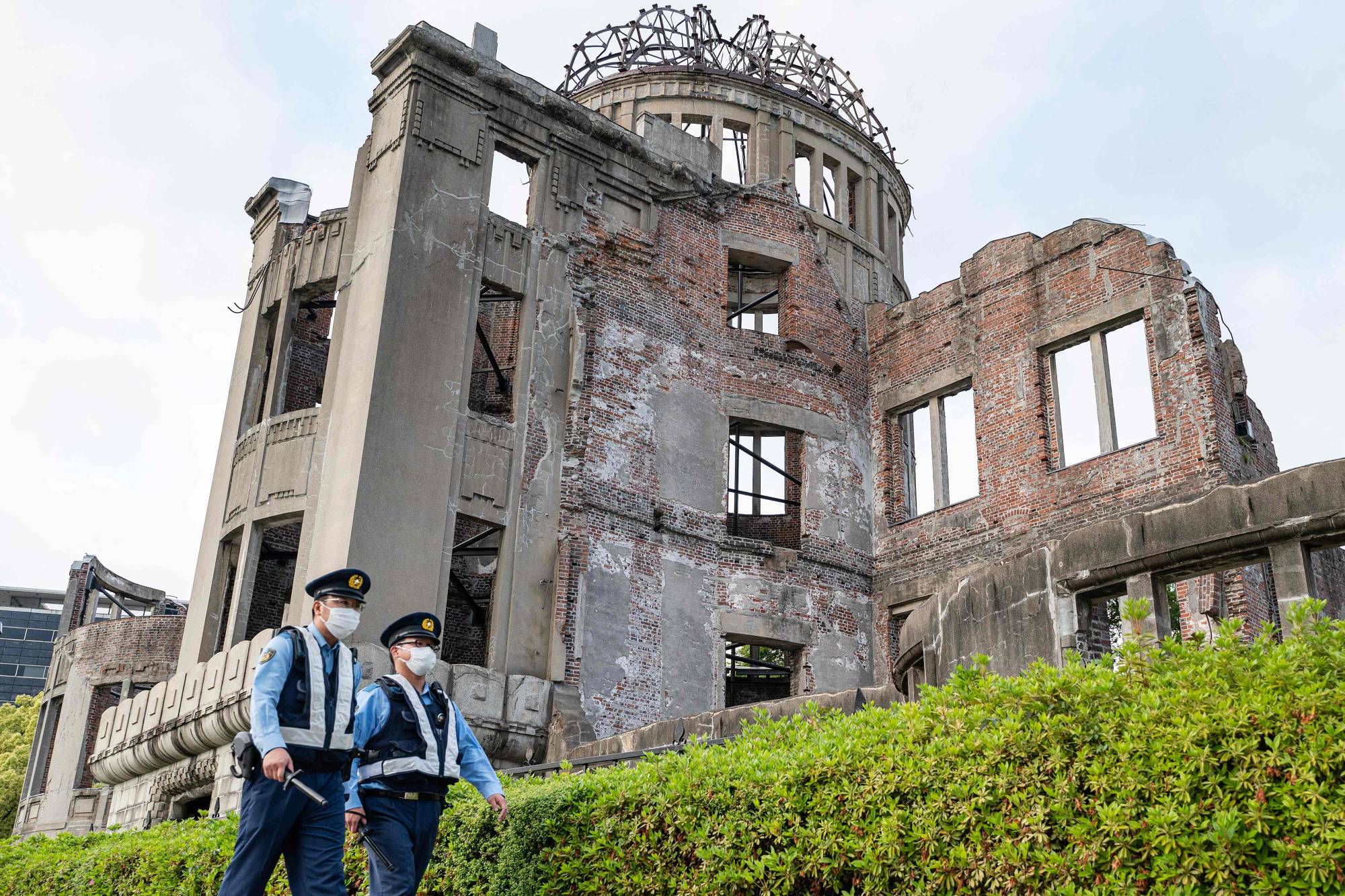From May 19-21, the leaders of the Group of Seven countries (Canada, France, Germany, Italy, Japan, the United Kingdom and the United States) as well as high-level representatives from the European Union will meet in Hiroshima.
Many of these leaders will be visiting the city, one of two where nuclear weapons were used in August 1945, for the first time. And since the nuclear threat is now higher than at any time since the end of the Cold War, they must not use this occasion to pass off the same decades-old nonproliferation measures as something new; rather, they must commit to concrete and credible disarmament measures based on the prohibition of nuclear weapons.
Prime Minister Fumio Kishida, who comes from a Hiroshima political family and had relatives who died in the 1945 bombing, decided to hold the G7 Summit in the city precisely because of its history. In light of Russia’s invasion of Ukraine and subsequent nuclear saber-rattling, maintaining international peace and pursuing nuclear disarmament will rank high on the agenda. Kishida also has an eye on the Korean Peninsula, where, in the early months of 2023, North Korea continued to ramp up missile testing and the U.S. and South Korea mounted joint military exercises involving nuclear-capable aircraft.



















With your current subscription plan you can comment on stories. However, before writing your first comment, please create a display name in the Profile section of your subscriber account page.